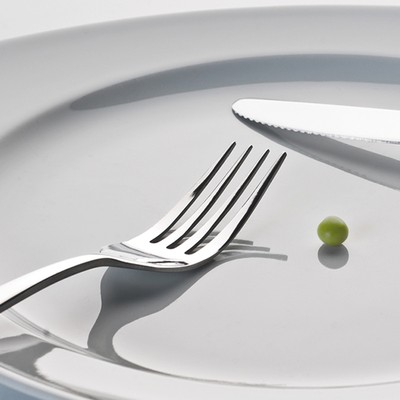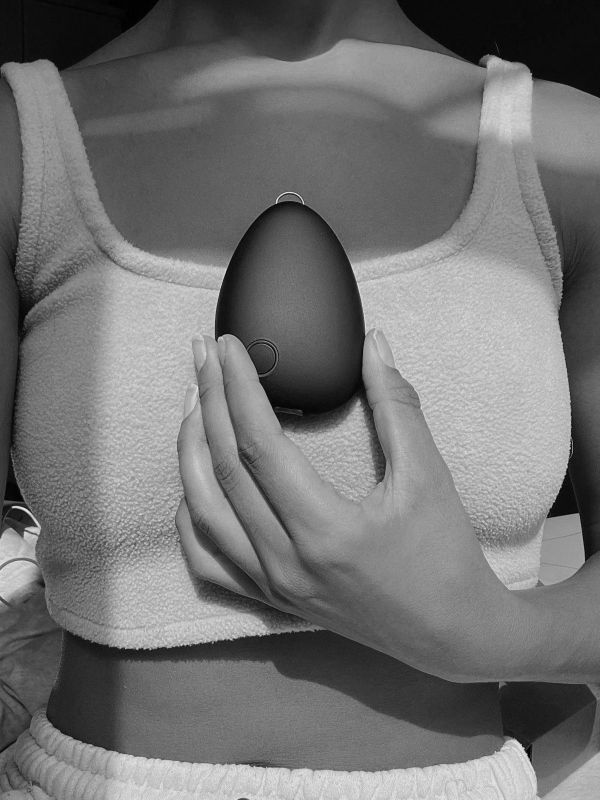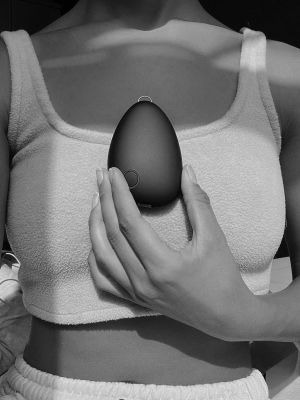
Is Fasting Really A Safe Way to Lose Weight?
What does fasting do to the body?
We all know that long periods without food can cause a drop-in metabolism. However, studies have shown that fasting for short periods can actually boost it, not slow it down.
During the early stages of any fast, your body uses up the glycogen available from your last meal to give you energy. Once you run out of your glycogen stores, you begin breaking down stored fats to provide energy for the brain, a process called ketosis. This is the second stage of fasting. During ketosis, your body also begins using up fewer proteins, sparing muscles from wasting away. In this way calorie restriction patterns can help people loose fat relatively quickly, without reducing much muscle.
Is there a lot of research to support it?
Yes, there have been countless studies supporting the benefits of intermittent fasting and the ketogenic diet in recent years. The benefits of short-term fasting aren’t resigned to weight loss – researchers have found links with a better ability to fight chronic diseases like cancer, epilepsy, dementia and various other mental health issues. It’s also been suggested that fasting can lead to a longer lifespan and decreased ageing, thanks to the regenerative effect it has on our cells.
I won’t go in to all of the studies, but one of the most interesting found that intermittent fasting can help protect the body from heart disease, type two diabetes, cancer, Alzheimer’s and a number of others. And a recent review concluded that in overweight and obese people, intermittent fasting may be a better approach to weight loss than very-low-calorie diets.
How long should you fast for?
I would recommend sticking to the 16:8 intermitted fasting rules, where you fast for 16 hours every day, restricting your eating to an eight-hour window. Do this five to six days a week, giving yourself one flexible/cheat day a week.
Are there foods you can eat during the fast?
No food is allowed during the fasting period, but you can drink pure filtered water, black coffee, teas (without milk or sugar) and other non-caloric beverages. you can take supplements during fasting as long as there are no calories in them.
Eating a high fat, low carb diet can make the fasting period easier because the higher fat content will make you feel fuller with less food. If you’re already following a ketogenic diet, fasting can also help you get into ketosis quicker, which will help you see the benefits, like weight loss and mental clarity sooner.
When would you recommend fasting?
Following our natural circadian rhythm, our metabolism has adapted to daytime food and night-time sleep, so it’s better to eat early on and fast in the evenings. One study suggested that 7am to 3pm could be the best eight-hour window to fit your meals into, as it significantly benefits participants metabolism. Eating late has also been well associated with a higher risk of obesity, as well as diabetes.
Will I feel unwell during a fast?
Most first time fasters will start to feel a reduction in their energy levels. These effects can induce a negative mood and irritability for most fasters, but these should only occur at the beginning and will disappear as you get more adapted to fasting and your body gets used to relying more on ketone bodies (produced when you start to break down fats for energy instead of sugars) rather than glucose only.
If you’re taking medication or have a chronic condition, always consult your doctor before starting a fast and never embark on a fast if you’re pregnant.
For more information, visit NaturesPlus.co.uk
DISCLAIMER: We endeavour to always credit the correct original source of every image we use. If you think a credit may be incorrect, please contact us at info@sheerluxe.com.





























